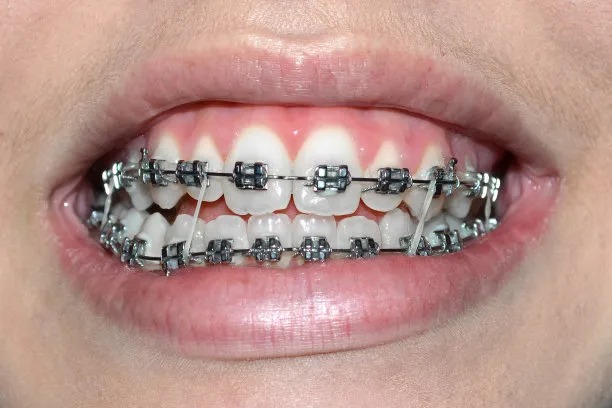Essential Tips and Precautions to Consider Before Getting a Dental Filling for Optimal Oral Health and Recovery
Summary: Dental fillings are essential for restoring teeth affected by decay or damage. Before undergoing this procedure, its crucial to prepare adequately to ensure a successful outcome and optimal oral health. This article elaborates on essential tips and precautions that should be considered before getting a dental filling. Emphasizing the importance of comprehensive dental assessment, understanding different filling materials, preparing mentally and physically for the procedure, and knowing post-procedure care and recovery processes enables patients to approach this dental treatment with confidence. Taking these steps enhances the likelihood of recovery and long-term oral health.
1. Understanding the Importance of Dental Assessment

Before receiving a dental filling, it is paramount to undergo a thorough dental assessment. This generally includes an examination of the affected area and possibly X-rays to determine the extent of decay or damage. Such assessments help the dentist decide if a filling is the right course of action, or if an alternative treatment is necessary.
Additionally, comprehensive exams help in identifying underlying issues that may not be immediately visible. For instance, some patients may have multiple cavities that need attention. Addressing these problems before proceeding with fillings can lead to better oral health outcomes in the long run.
Moreover, a detailed assessment allows your dentist to ensure that you are a suitable candidate for the filling procedure. Certain health conditions, such as severe gum disease, might complicate the filling process. Thus, being candid about your medical history during the consultation is essential for personalized care.
2. Selecting the Right Filling Material
Dental fillings come in various materials, including amalgam, composite, ceramic, and gold. Each of these materials has its advantages and disadvantages, which should be thoroughly understood before making a choice. For example, amalgam fillings are known for their durability and are often less expensive, making them a popular choice for molars.
In contrast, composite fillings are aesthetically pleasing and match the color of natural teeth, making them preferable for visible areas. Discuss your lifestyle, preferences, and budget with your dentist to help guide this decision. Understanding the materials longevity and maintenance requirements also aids in planning long-term oral health strategies.
It’s worth noting that some filling materials may elicit allergic reactions in certain individuals. Therefore, informing your dentist about any known allergies is crucial to selecting a safe choice. The right material can significantly impact how satisfied you are with the filling, affecting both function and appearance.
3. Preparing Mentally and Physically for Your Appointment
Mental preparation plays a significant role in easing any anxiety associated with dental procedures. Understanding what a dental filling entails can help alleviate fears. Polishing your knowledge about the process can instill a sense of control, transforming a potentially distressing experience into a manageable one.
Physical preparation is equally important. Arranging for transportation may be necessary, especially if sedation is involved during the filling process. Its advisable to avoid heavy meals immediately before the appointment, as this may cause discomfort once the numbing agents take effect.
Additionally, scheduling your appointment at a time when you can take it easy afterward can give you the mental space for recovery. Set aside a few hours for post-procedure rest to let the effects of anesthesia wear off while managing any potential discomfort.
4. Post-Procedure Care for Optimal Recovery
After receiving your dental filling, following your dentists care instructions is critical to promoting optimal recovery. You may experience sensitivity in the filled tooth, particularly if the filling is new. This sensation usually subsides in a few days; however, if it persists, communicate with your dentist promptly.
Maintaining good oral hygiene, including toothbrush and flossing techniques, is essential in ensuring the longevity of your filling. Its advisable to wait at least 24 hours before resuming regular brushing and flossing to allow the filling to set completely, particularly if you received a composite filling.
Avoiding hard or sticky foods for several days can aid in preventing any damage to the new filling. Listening to your body during the recovery period and being mindful of your eating habits will enhance your overall recovery experience.
Summary:
To ensure successful outcomes from dental fillings, patients are encouraged to consider various factors before their appointments. Understanding the importance of dental assessments, selecting the right filling material, and adequately preparing both mentally and physically are essential steps. Post-procedure care also plays a pivotal role in the recovery process, assuring lasting oral health.
This article is compiled by Vickong Dental and the content is for reference only.



